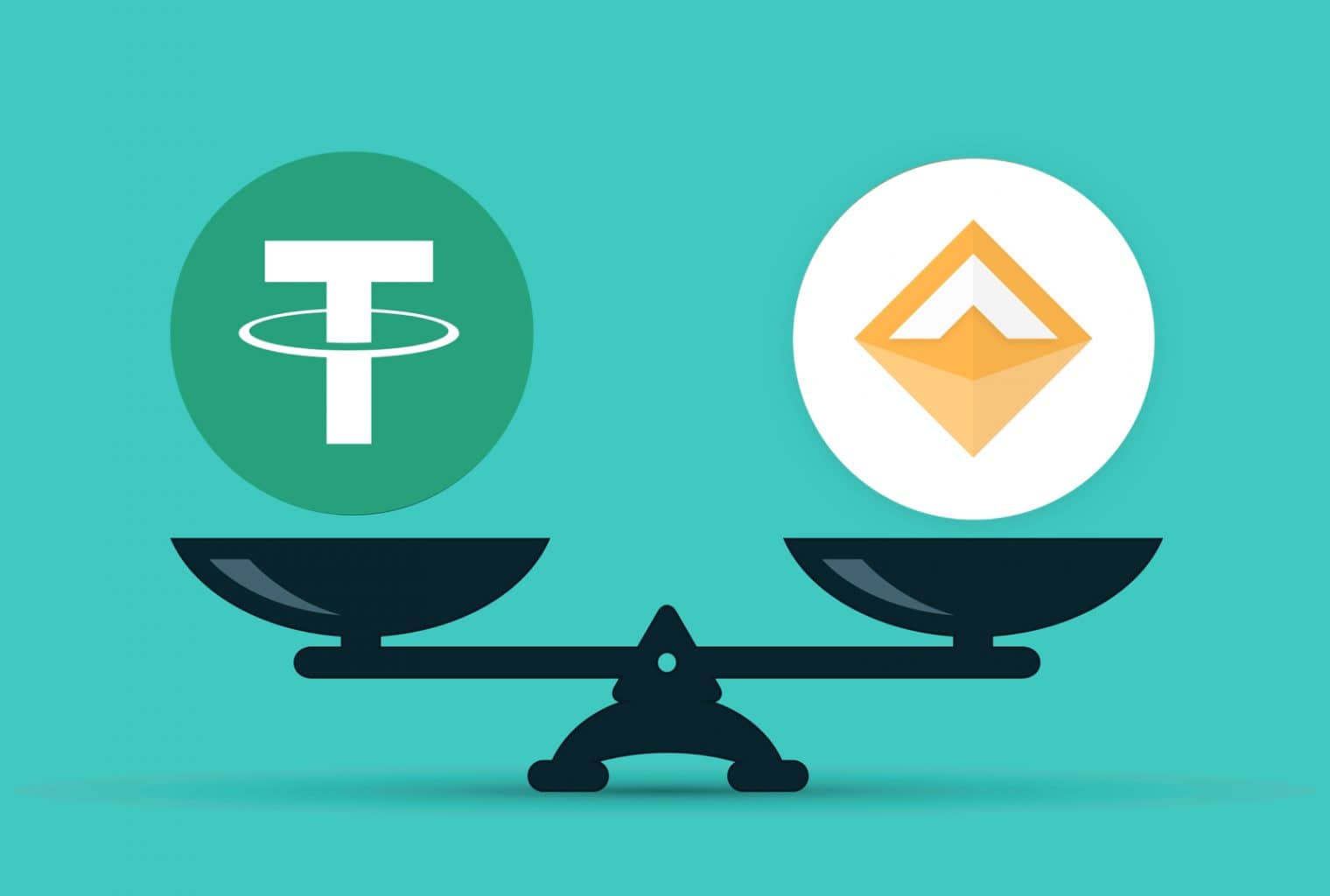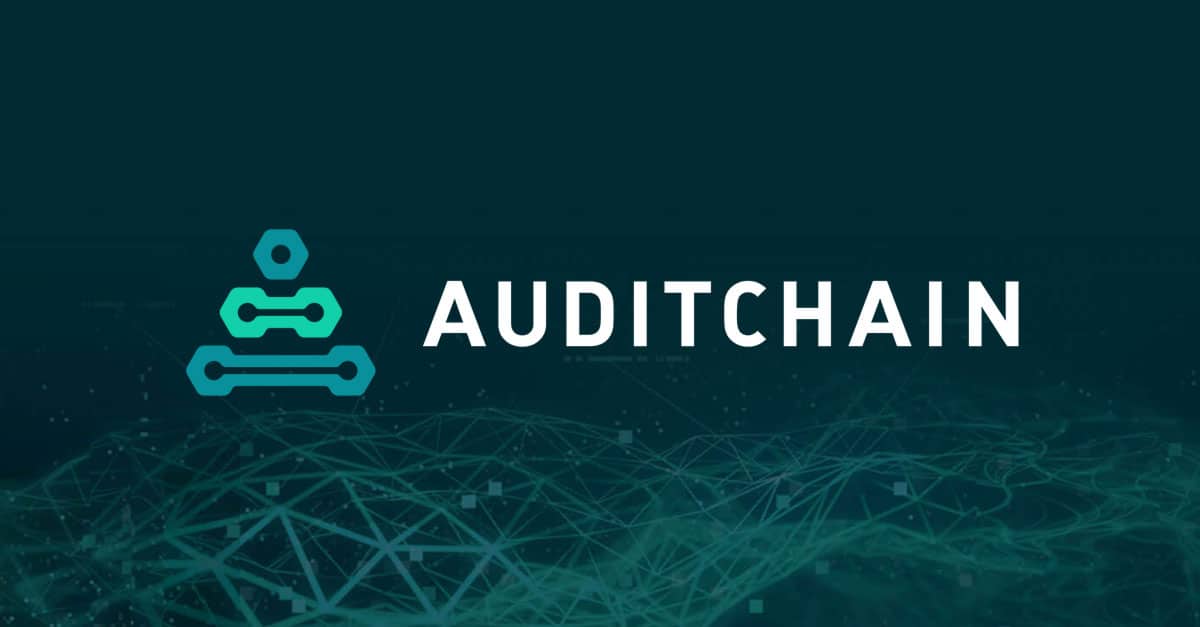It appears that after years of controversy over the integrity of the peg of all fiat backed stable coins, a solution may have emerged – Auditchain, the decentralized continuous audit, and reporting protocol ecosystem. Jason Meyers, the Founder of Auditchain, took the time to explain how Auditchain is revolutionizing the cryptocurrency landscape.
Users of stable assets want immediate liquidity during “risk on” events with the confidence that the stable asset won’t “break the buck.” At the same token, “risk off” trade events require the same confidence and liquidity. That’s easy to achieve if you are swapping $1,000 worth of volatility for $1,000 worth of stability. What about reserves? Last week, the New York State AG complained about the integrity of Tether’s reserves. “It’s a serious problem for the whole space”, says Jason Meyers.
IMAGE: PEXELS
Jason Meyers explains that one of the biggest challenges with institutional adoption of crypto is the ability to move in and out of large amounts of volatility and into or out of an equal amount of stability in less than five seconds. Further stating, “$50 million says this is an entirely different matter altogether for institutions. Say what you want about fiat, but there are many more dollars to soak up $50 million in liquidity than there are fiat pegged crypto assets.”
Wall Street banks make huge sums of money by originating unique contracts (on paper with wet ink signatures) to achieve billion-dollar movements for their clients in the fiat world. Jason Meyers states that it is all based on trust and back office efficiency. The client trusts that the bank has the balance sheet, and in turn, the bank trusts that they are on the right side of the hedge.
Let’s assume for a moment that an investor wants to bet $50 million on a basket of volatility across ten crypto assets. When the time comes (and it will come) to take off the volatility and move into stability, $50 million will break the buck of any given stable asset.
What about assurance? Aren’t these stable assets audited? It depends on how you define “audit”. At best, a letter from a “trusted” accounting firm is furnished to the issuer of the stable asset that says; “We have seen the bank balance and we have seen through Etherscan the number of tokens outstanding in the contract of the stable asset. As of the end of the period (a century ago in crypto years) it looks like (from miles away) the two balances match”. The world of crypto moves through wormholes into the next space-time continuum on a “blockwise” basis. There is no such thing as “at the end of the period” for people in crypto.
Auditchain claims to be solving the time and information integrity issue of traditional audits by building the first of its kind, real-time assurance and disclosure network for digital assets. Assuming this network is launched, it would seem that anyone issuing a digital asset can provide users of that asset with accounts or bank and token balances that are audited and reported in real time or, on a block-wise basis.
For institutions who are contemplating investing in crypto assets, this seems like a game changer considering there has been no real assurance in the space. What is real assurance anyway? According to Jason Meyers, from the perspective of the conventional comprehensive audit, it’s one firm telling the investor that as of last year or last quarter, the financial statements “present fairly” in all material respects, the financial condition of the issuer.
For people in crypto, that’s no assurance. That’s not even in the same galaxy as “external block validation”, a similar verification of account balances on a blockchain that occurs in minutes. The network; DCARPE as it’s called, which is an abbreviation for “decentralized continuous audit and reporting protocol ecosystem” proposes “Bitcoin-style” external validation of the accuracy of accounts and balances all the way back to Genesis by a network of accountants.
Auditchain recently announced a partnership with Monax, a provider of blockchain based legal products. According to the press release and social media posts, enterprises that integrate the Monax platform can enable compliance monitoring and external validation of 100% of all contractual events and obligations on the DCARPE continuous audit and real-time disclosure protocol. According to the release, Monax has also become a member of the DCARPE Alliance, an accounting, audit and financial reporting industry consortium. When you compare all this to conventional audits, this is shaping up to be a far cry from one audit opinion with one wet ink signature from one audit firm, once a year.
If people in crypto wouldn’t trust a centralized intermediary to validate a block containing their Bitcoin balance, do you think they would trust four or five accounting firms to provide integrity once a year to the whole financial system? Not a chance. Apparently, the United Kingdom doesn’t think so either. The UK wants to break up the Big Four accounting firms to create more competition. $50 million says Auditchain and its DCARPE Alliance members are prepared for all this already.
If you are interested in even more business-related articles and information from us here at Bit Rebels, then we have a lot to choose from.


COMMENTS